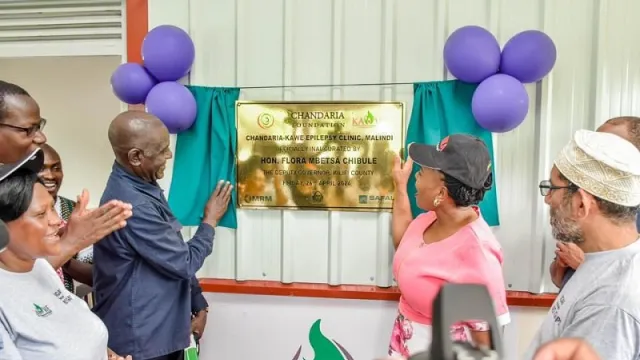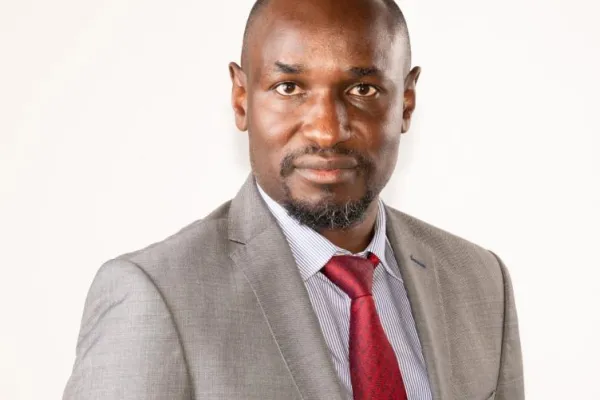First epilepsy clinic opens in Kilifi County

First epilepsy clinic opens in Kilifi County
Over 15,000 epileptic patients in Kilifi County have found relief with the commissioning of a new epilepsy clinic at Malindi Subcounty Hospital. This clinic, made possible by funding from the Chandaria Foundation through the Kenya Association for the Welfare of People With Epilepsy, aims to alleviate the financial burden of travel for patients while also combating the stigma associated with the condition, often erroneously linked with witchcraft.
Kilifi Deputy Governor Flora Chibule said the clinic is set to provide support for mental health patients, too.
Maurice Kajenje, a director at Kawe, highlighted the success stories of patients who have received treatment over the past four decades, underscoring the importance of early intervention.
“In the past 42 years, we have been urging people with epilepsy to come forward and receive treatment. We have evidence of people who have been treated and are living normal lives for the past 40 years,” said Maurice Kajenje, a director at Kawe.
With over 5,000 epilepsy patients currently receiving care in Kawe clinics nationwide, the establishment of the Malindi clinic signifies a decentralized approach to healthcare since the onset of devolution. It will cater to patients from regions as distant as Lamu and Tana River.
Kajenje urged county governments to collaborate with Kawe to expand epilepsy clinics across all counties.
Chibule reiterated the county's commitment to ensuring subsidized services at the clinic, urging residents to seek medical assistance without fear or hesitation.
Read also: Canon’s youth skilling program enters Kilifi
Hiding patients
“Mine is to emphasise to residents of Kilifi county, who have patients with this condition, please come out and seek medication at the new epilepsy clinic in Malindi, do not hide the patients at home,” she said.
Beatrice Njeru, a clinician at the Malindi Sub-County Hospital, expressed relief at the improved facilities, highlighting the challenges previously faced due to congestion and lack of privacy.
The clinic's opening brings hope to families like Safari Kapishi's, whose daughter's treatment expenses have been eased by support from organizations like KUHENZA.
As Kapishi shared, the clinic offers solace to countless families grappling with epilepsy, offering not just medical treatment but also a sense of community support and understanding.
“As a parent, it has been tough dealing with the disease, I have not given up but it's not easy, there are many people out there who are not able to take their patients to the hospital,” he said.



